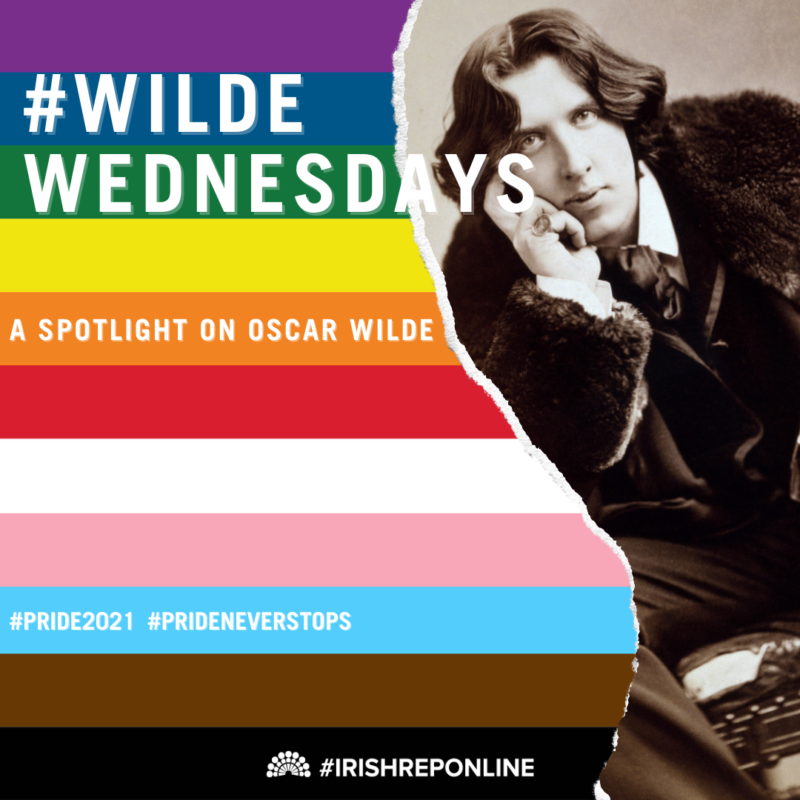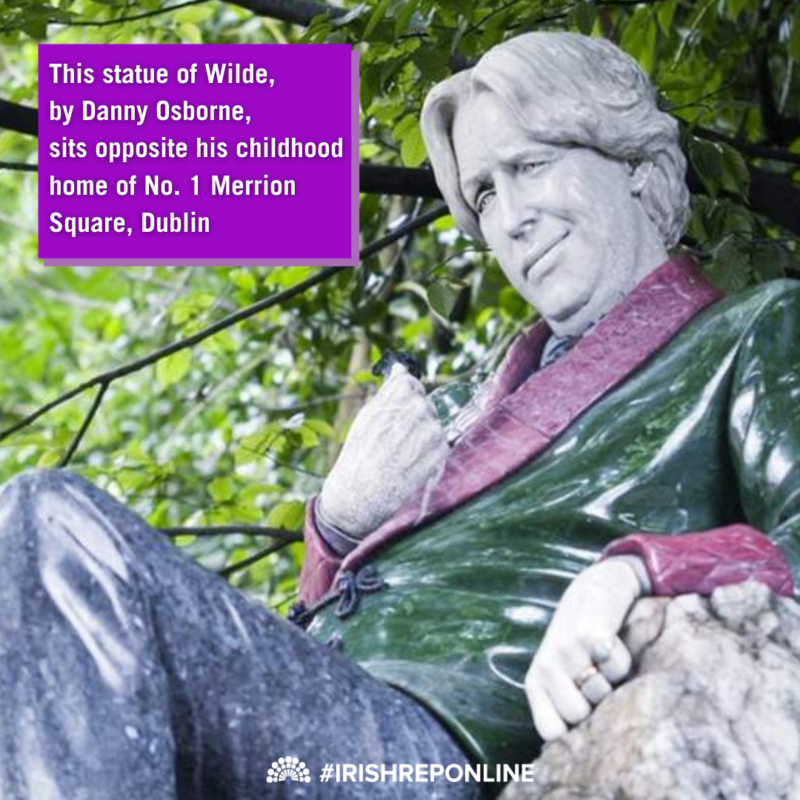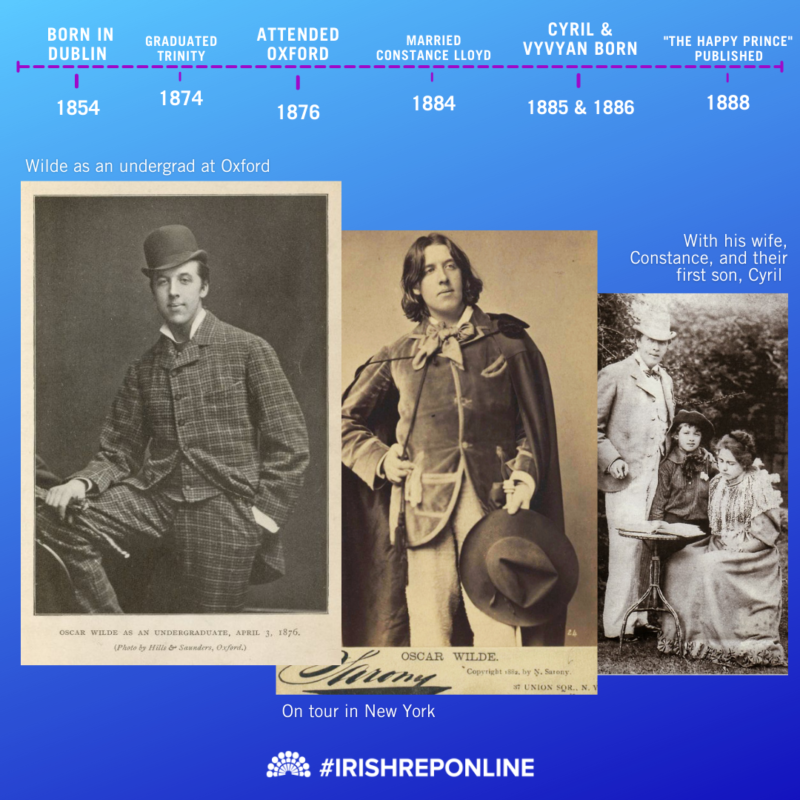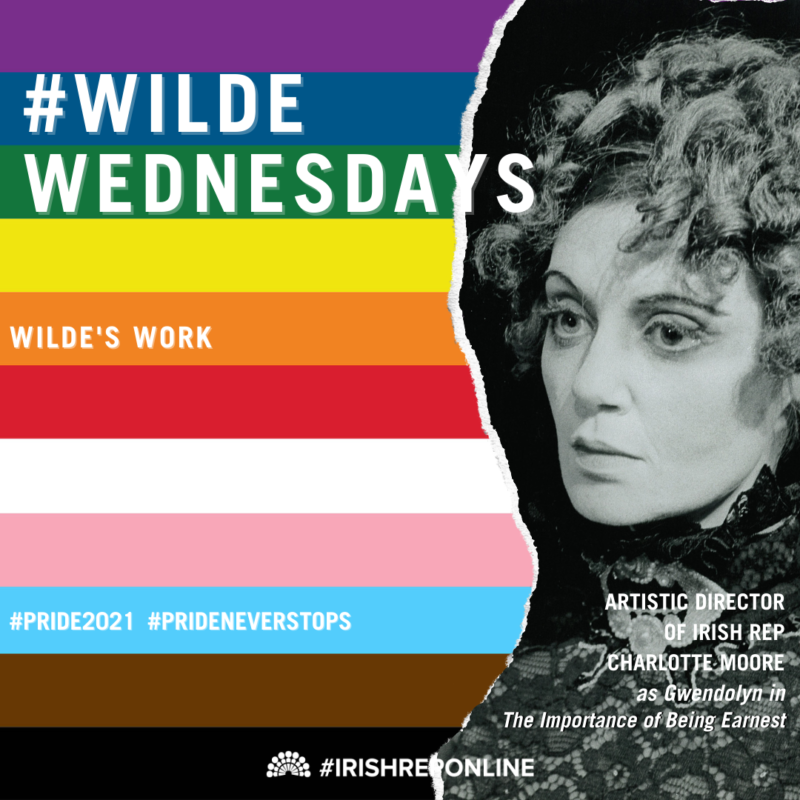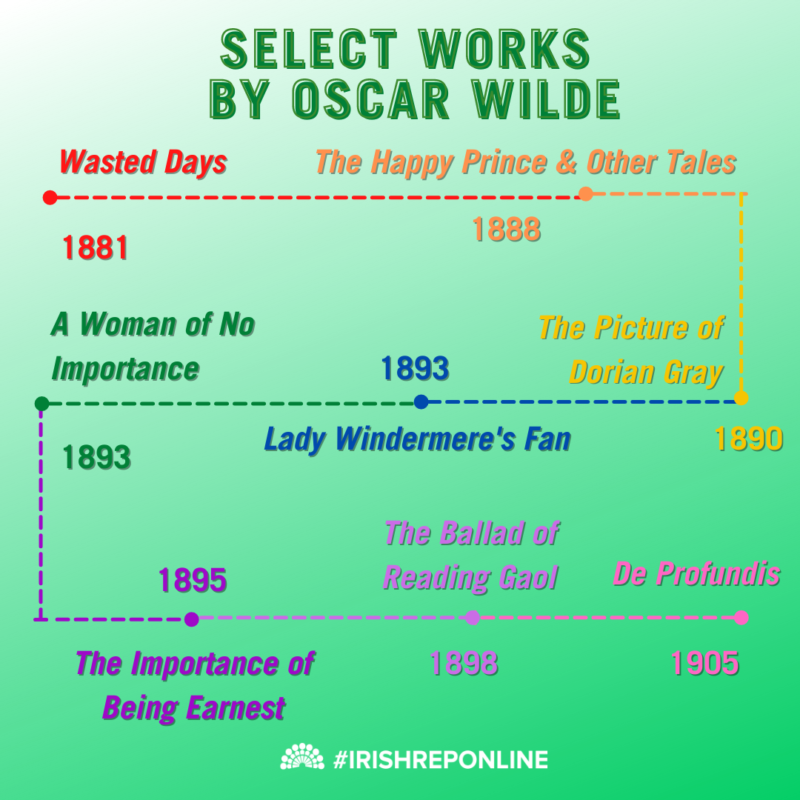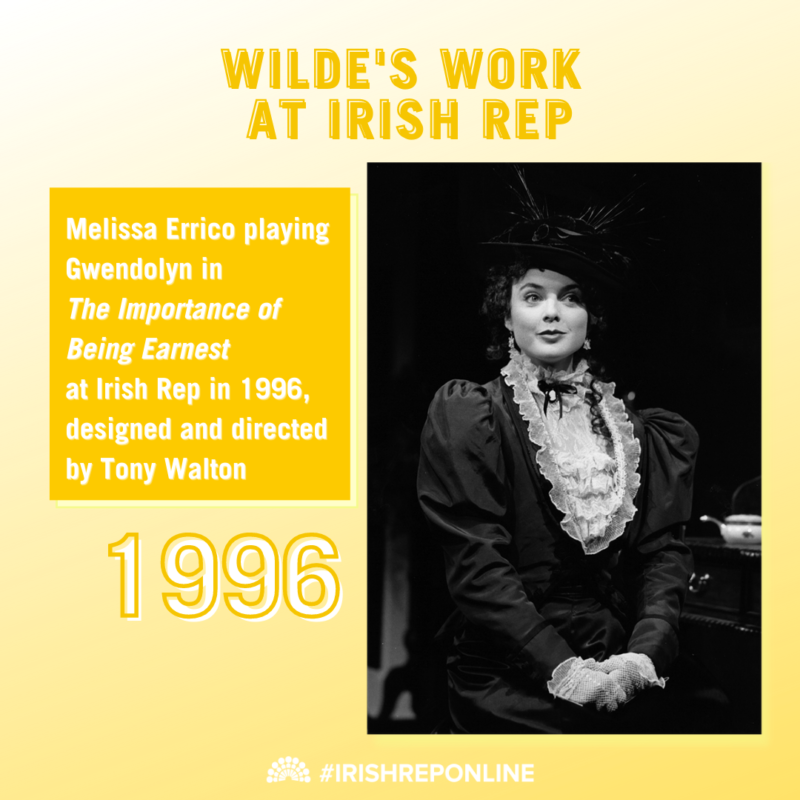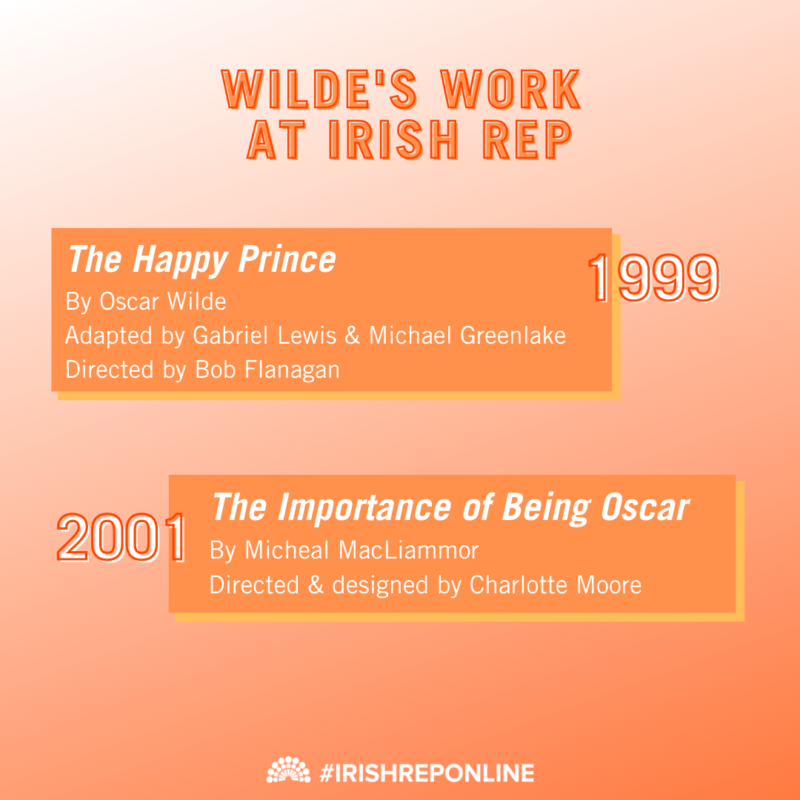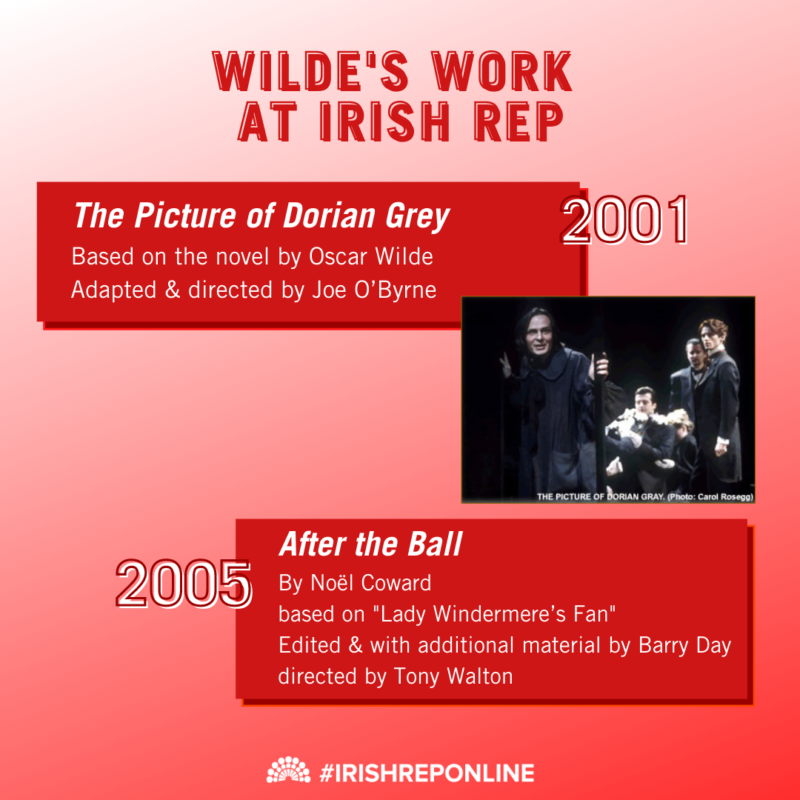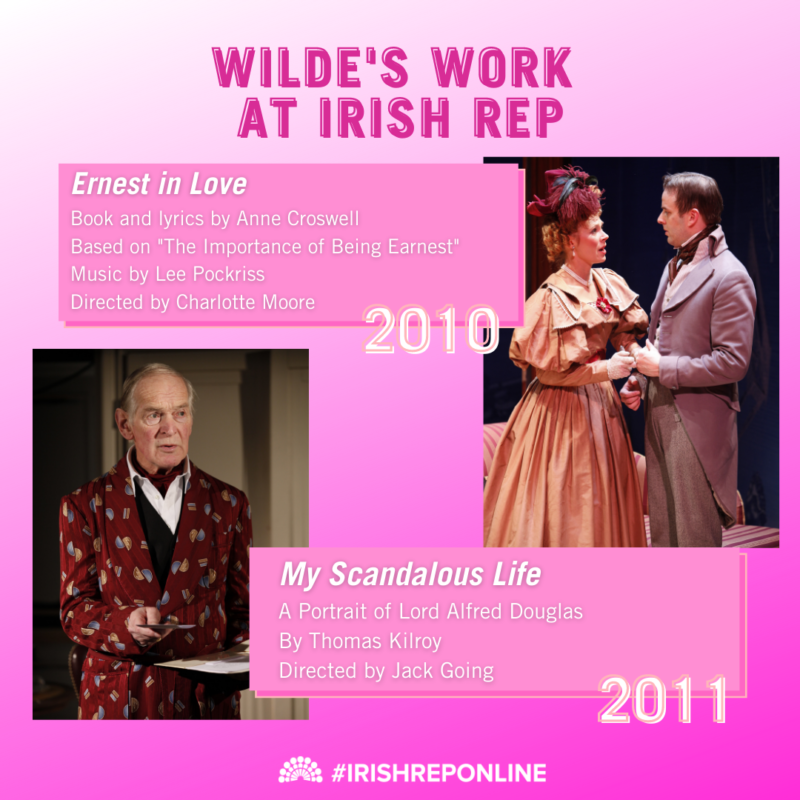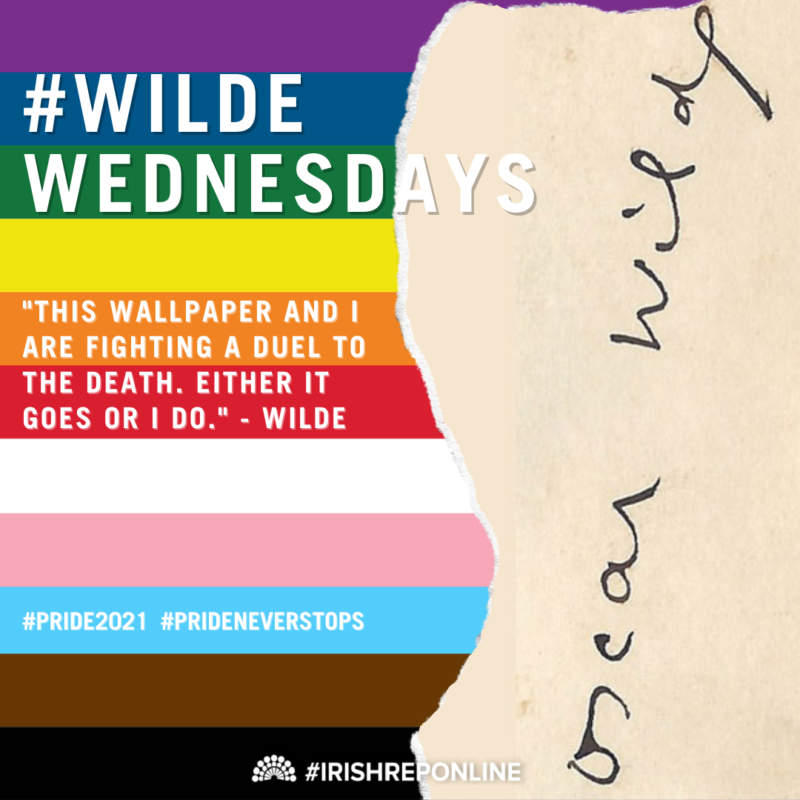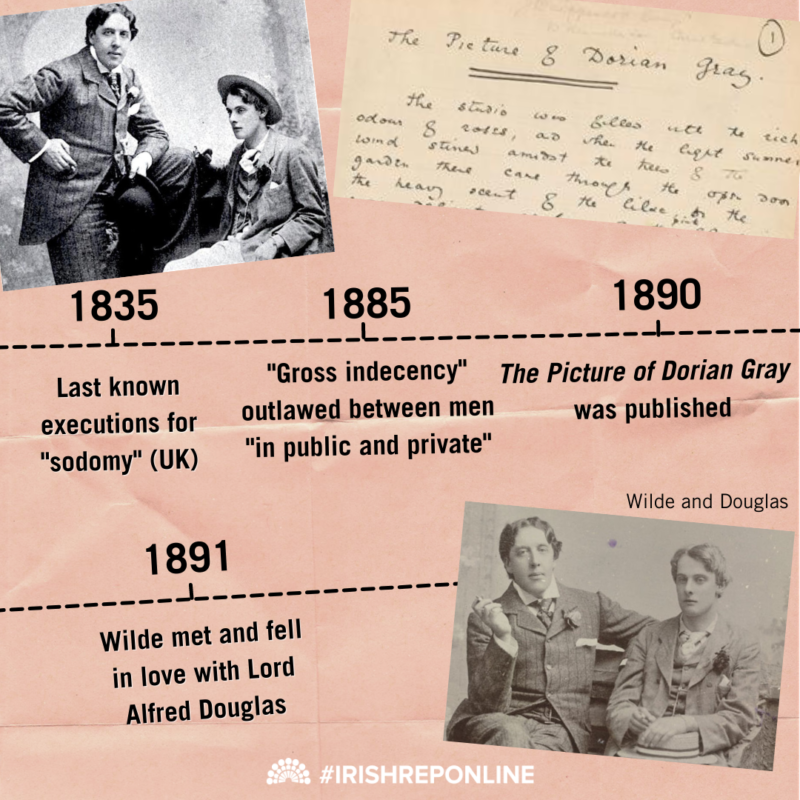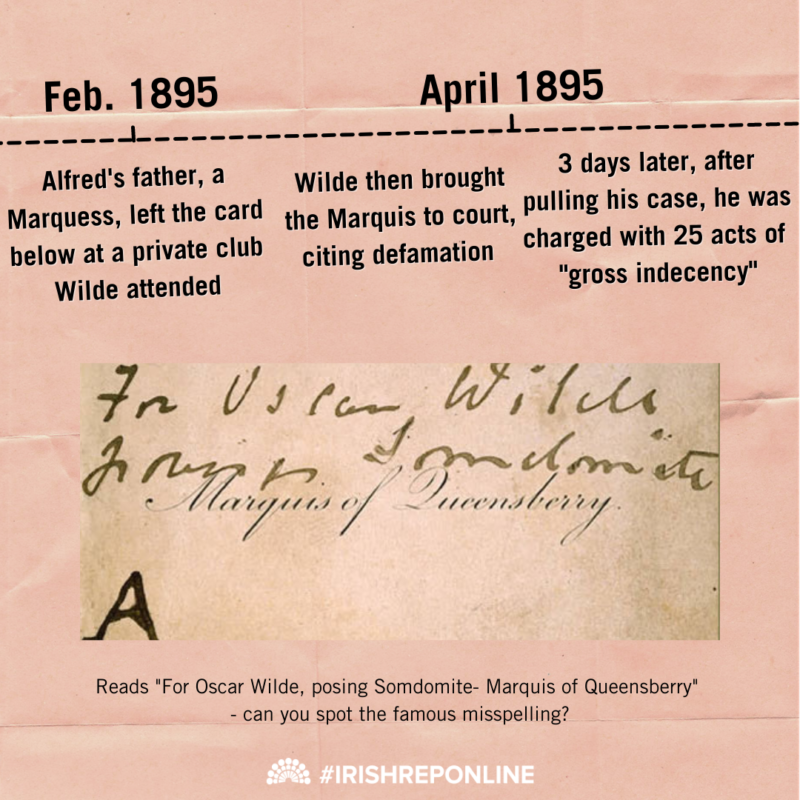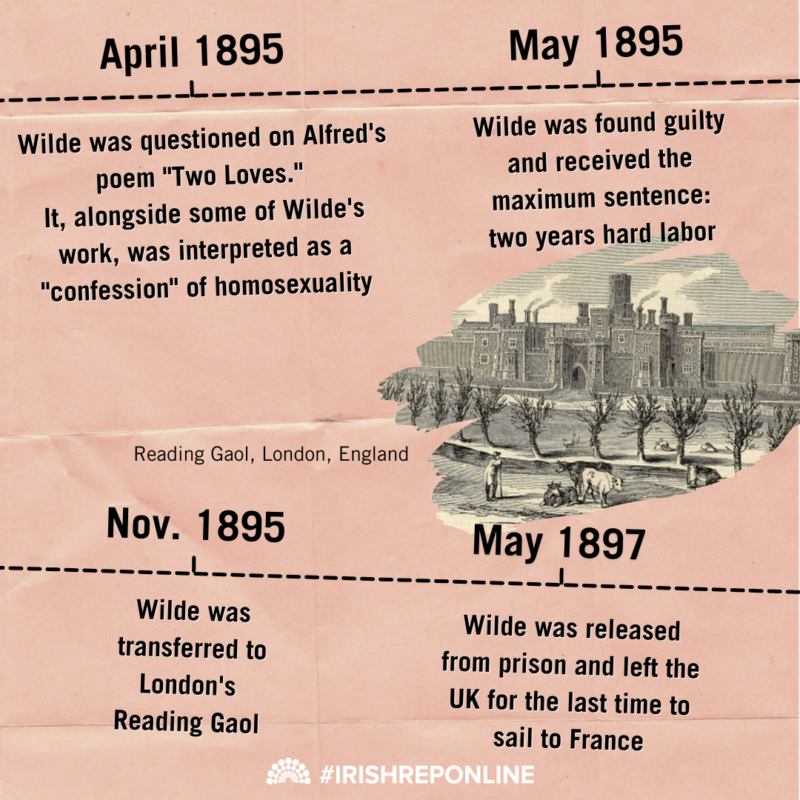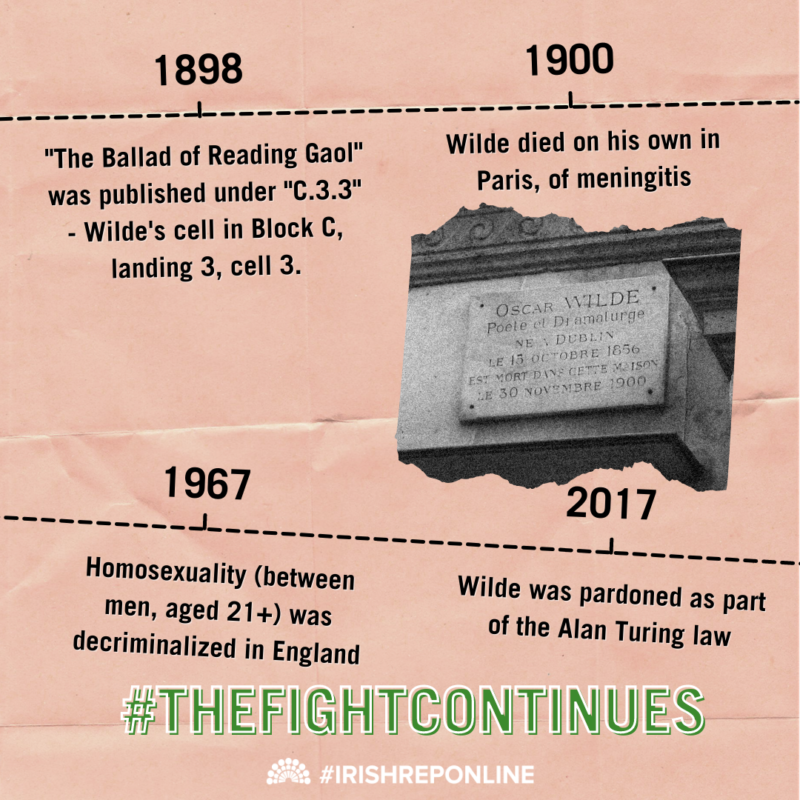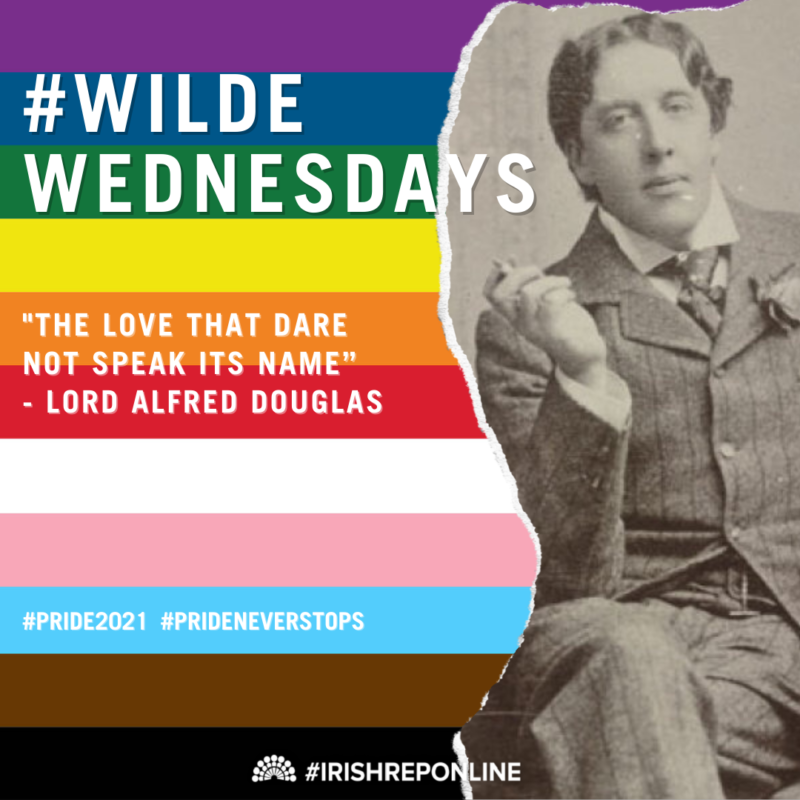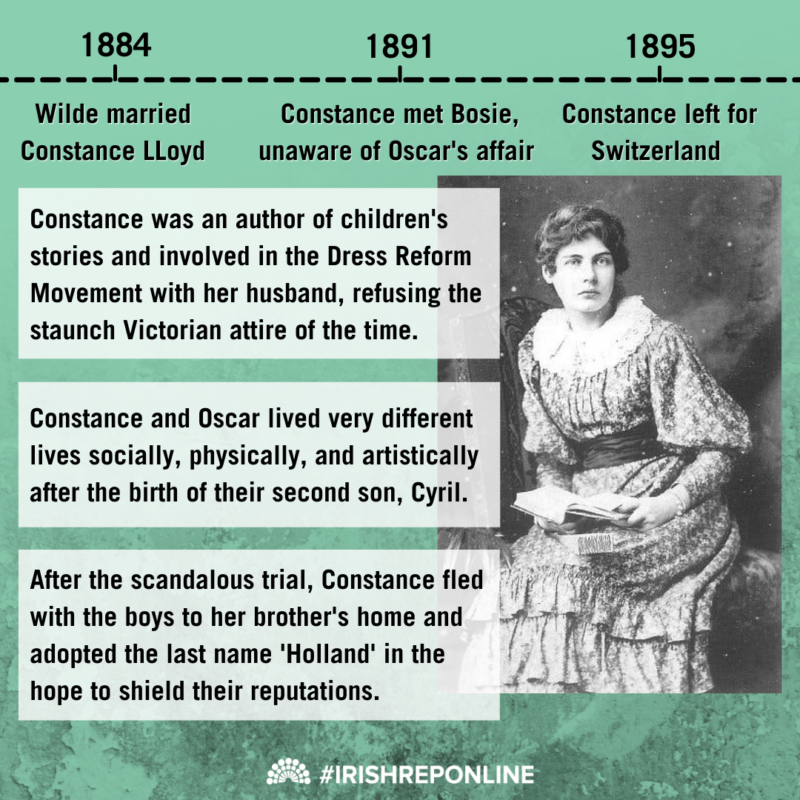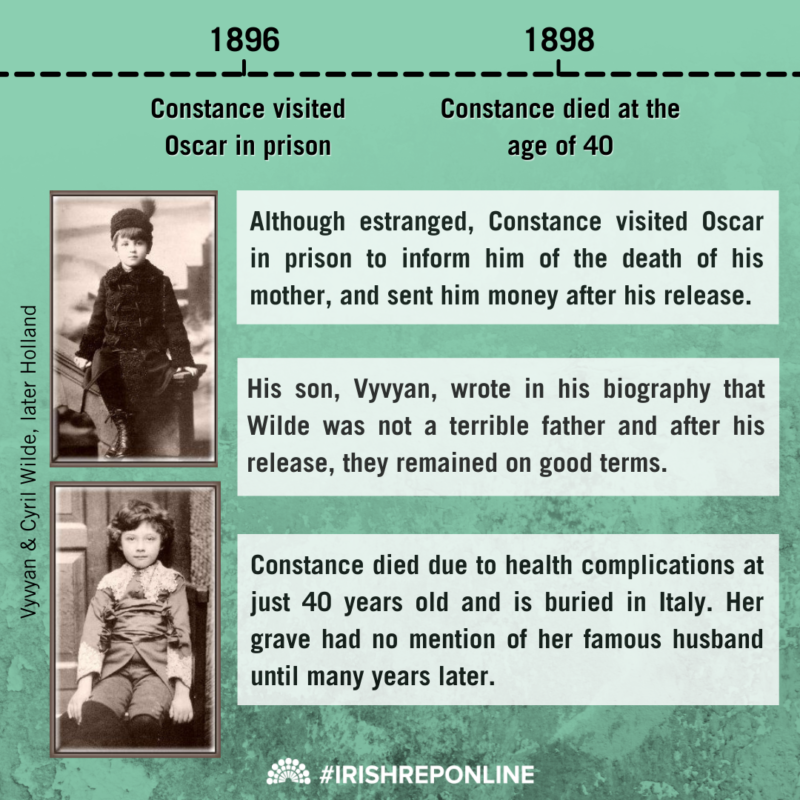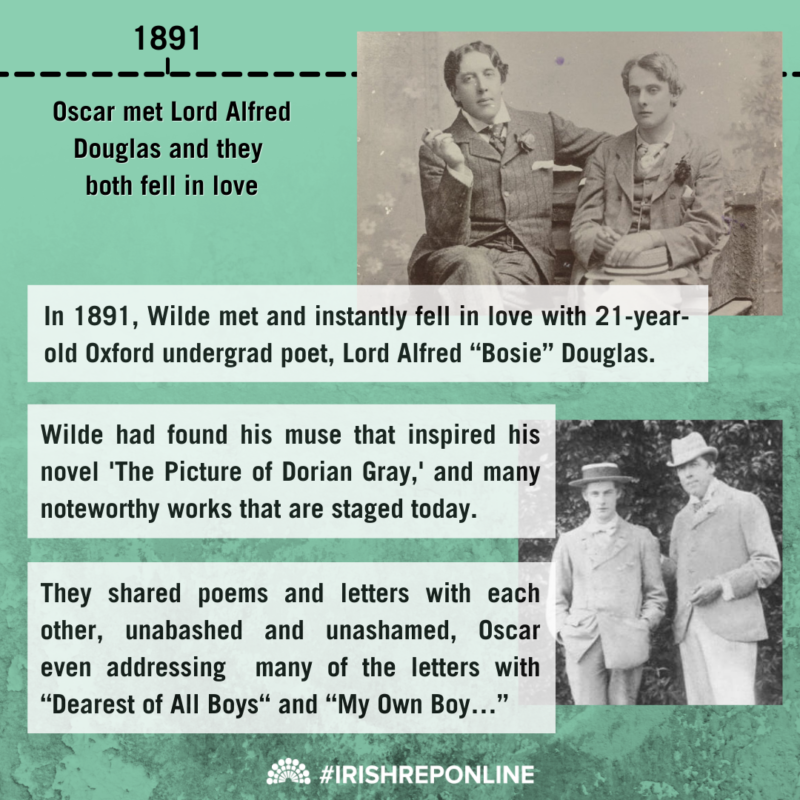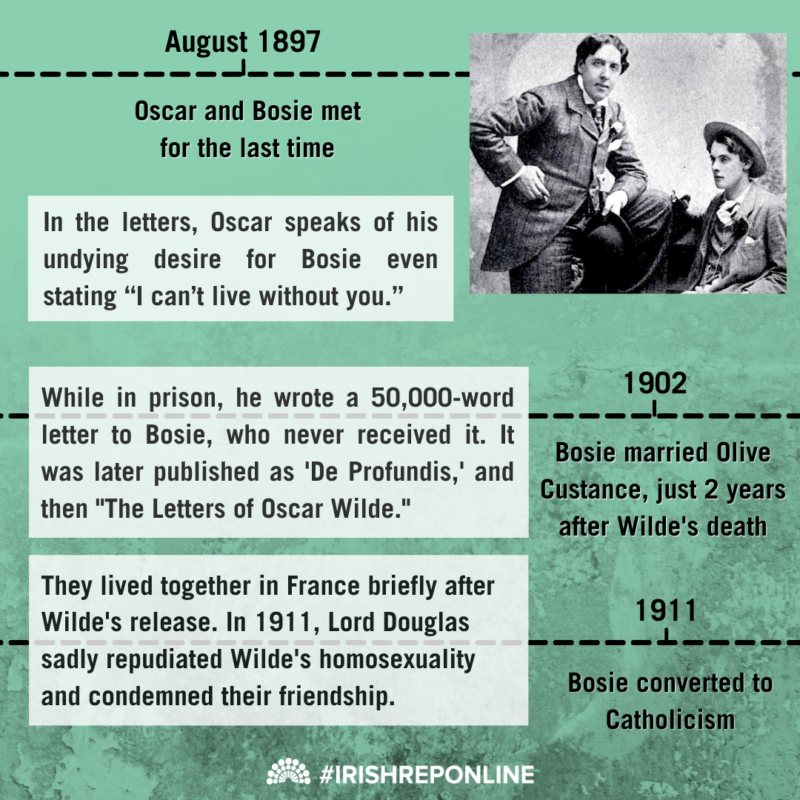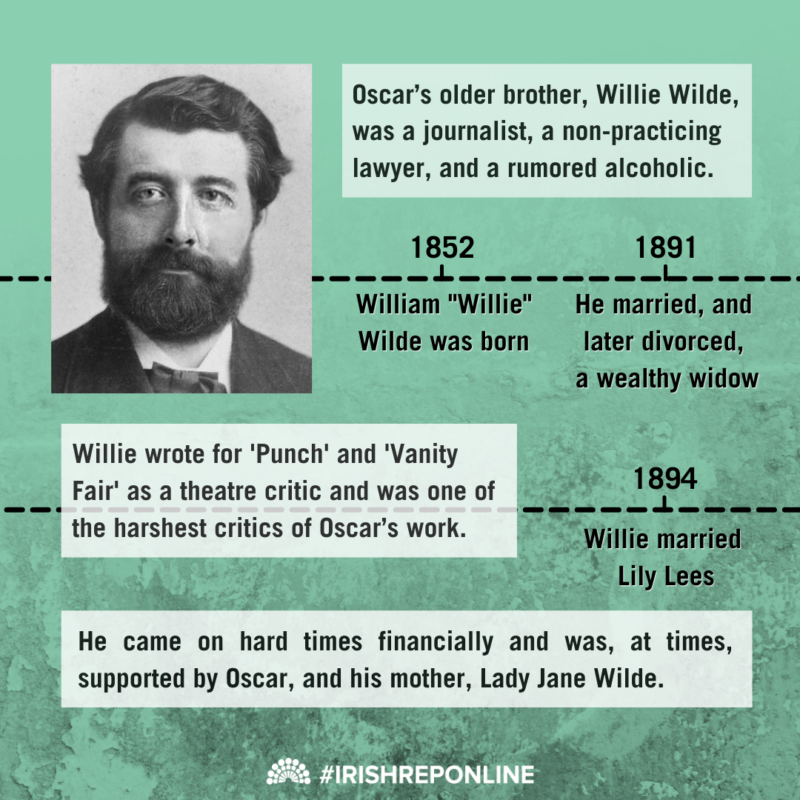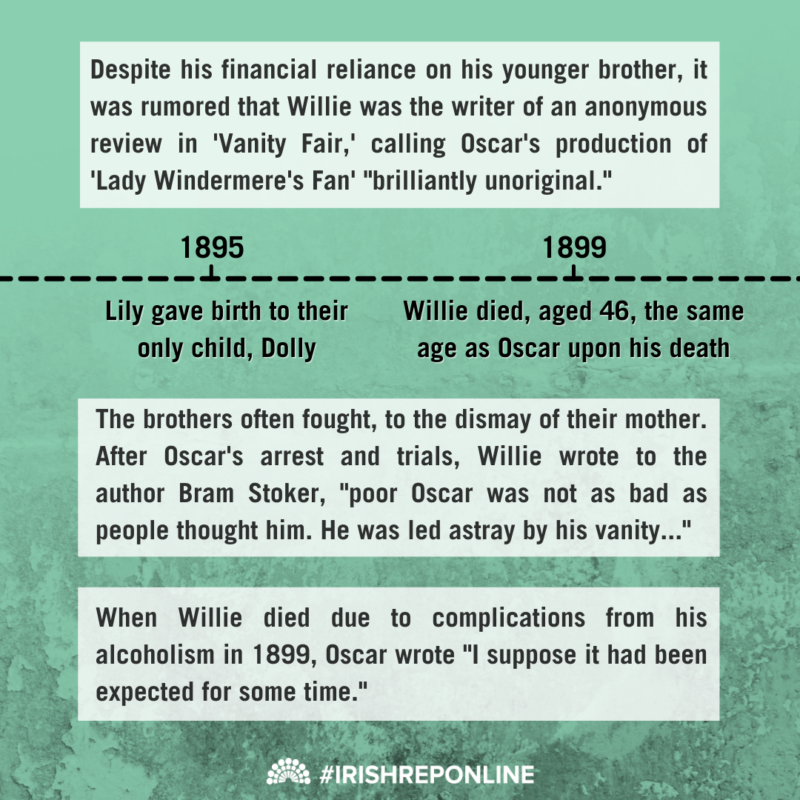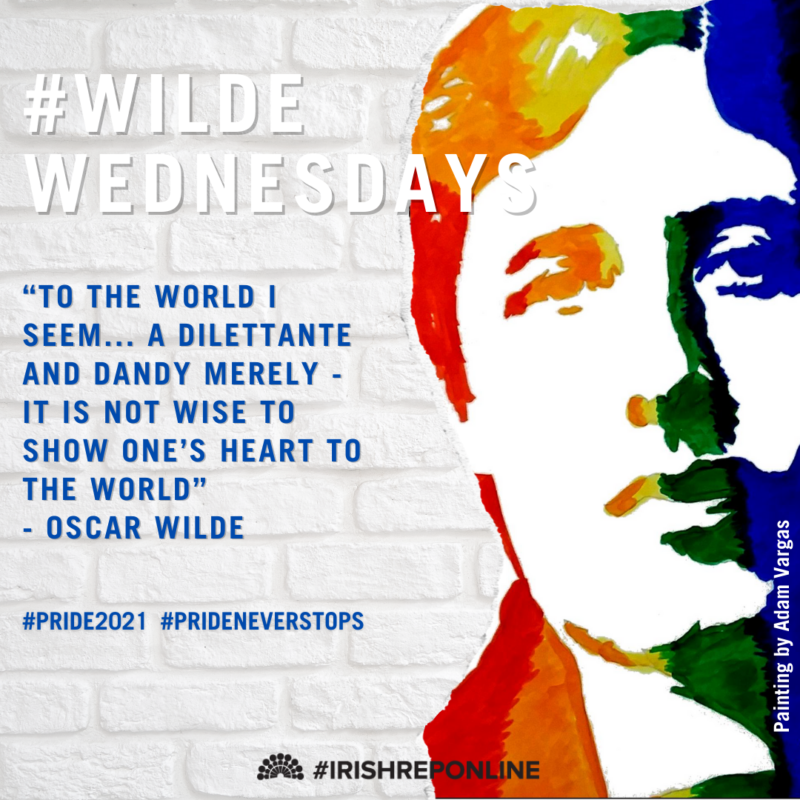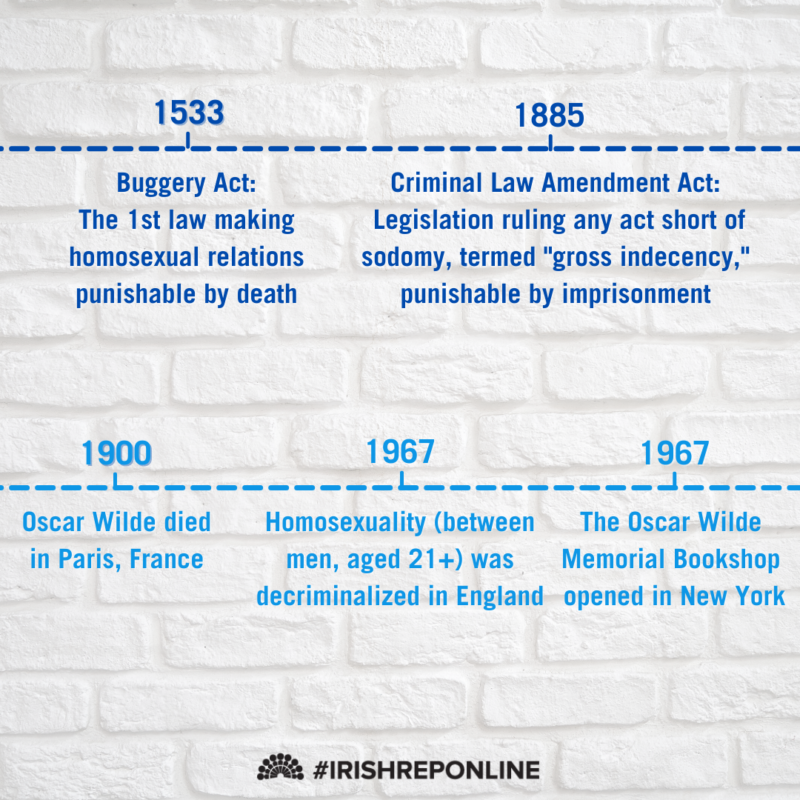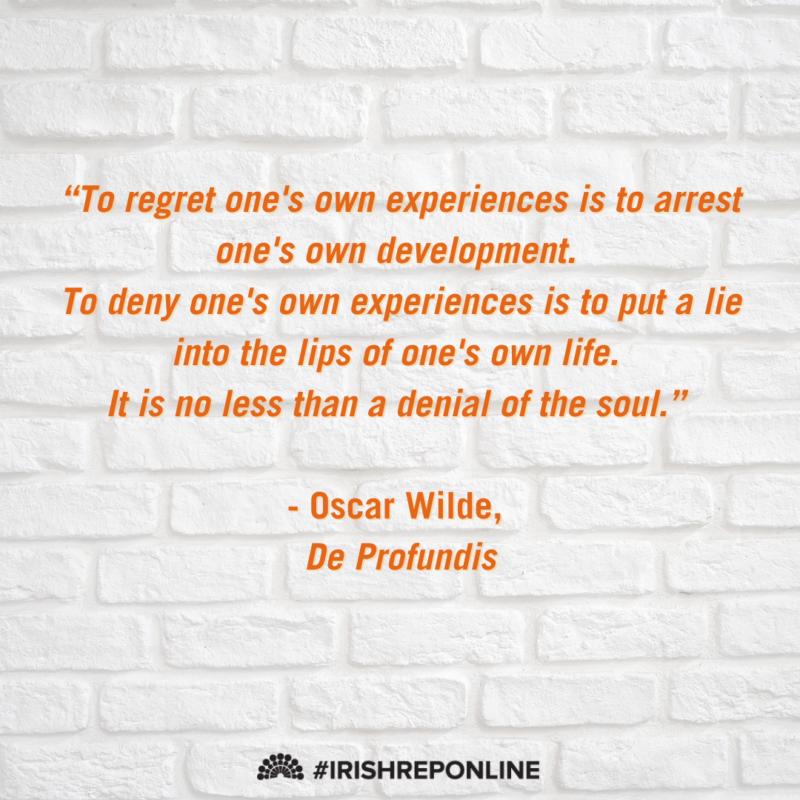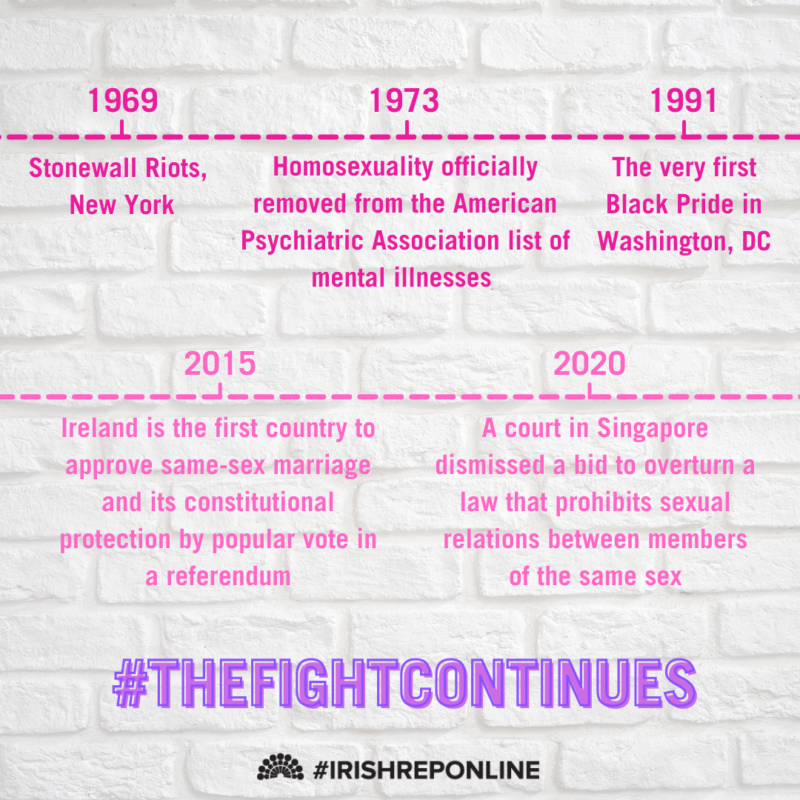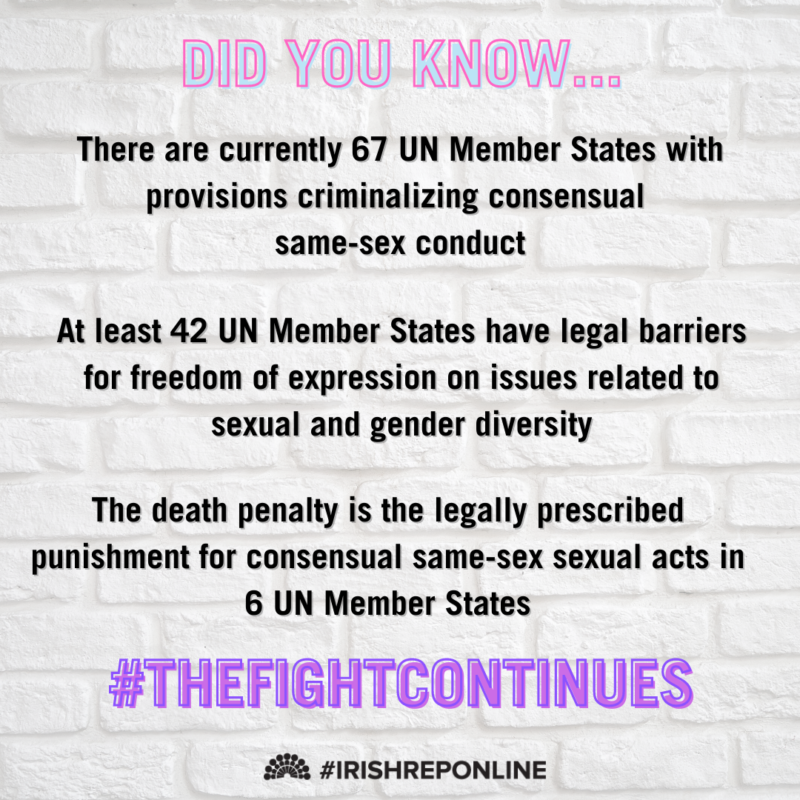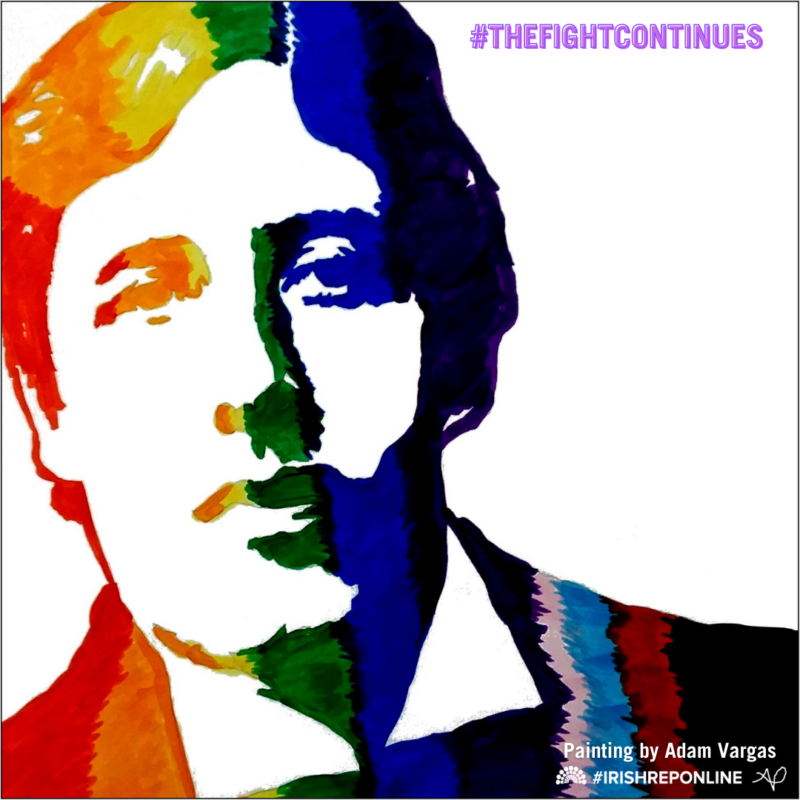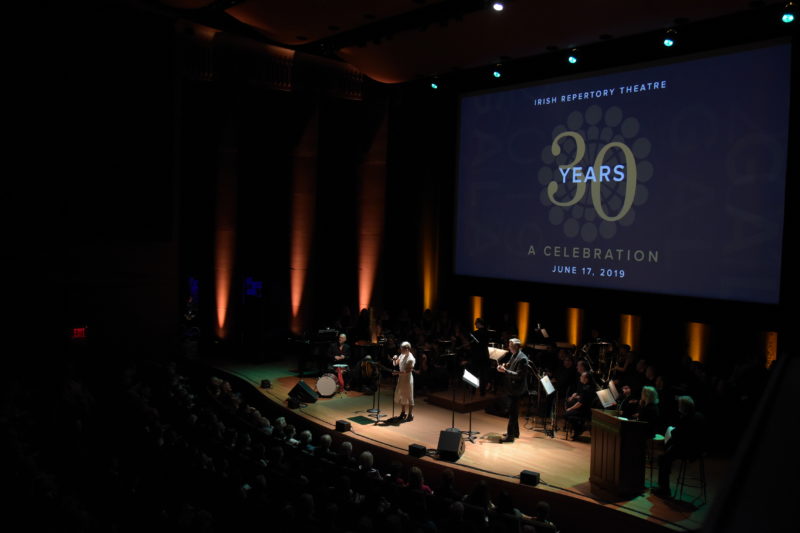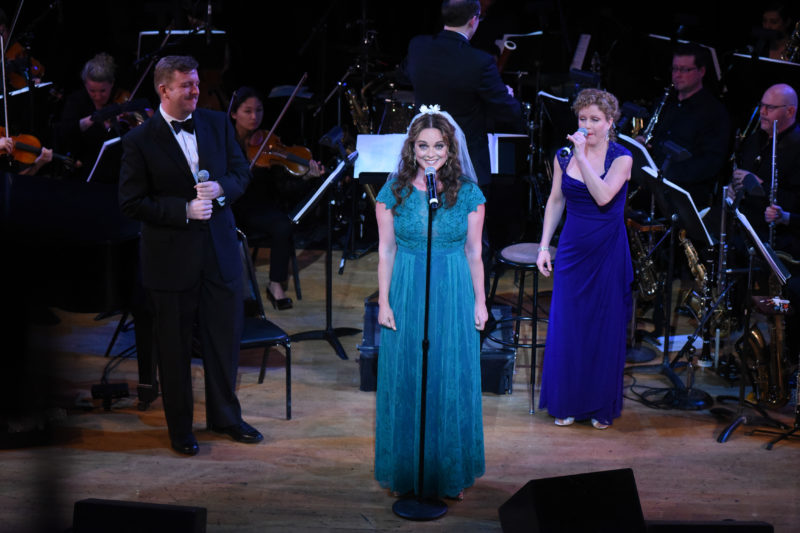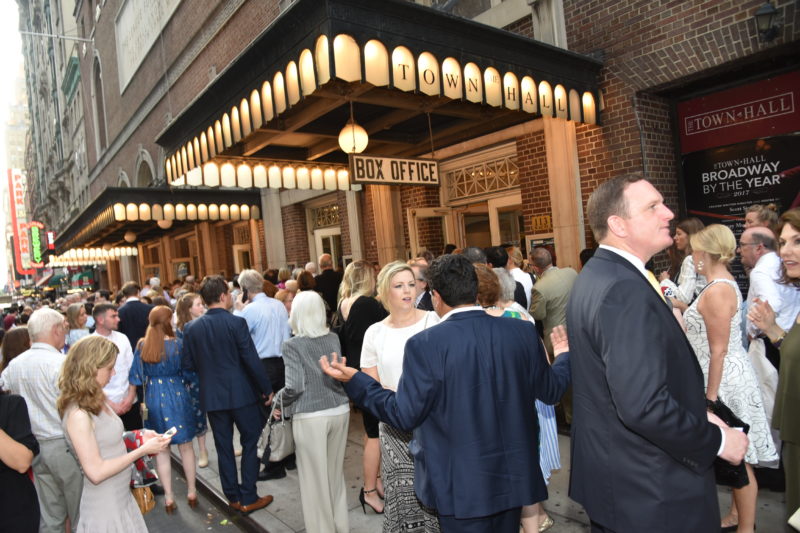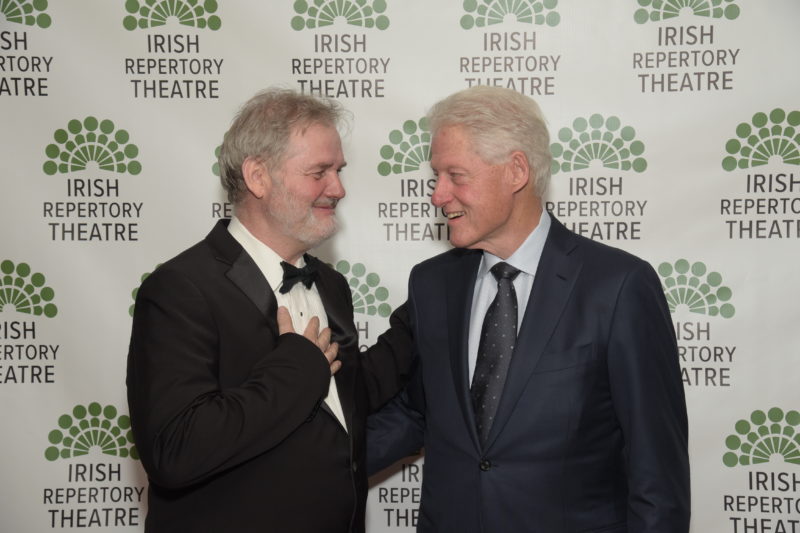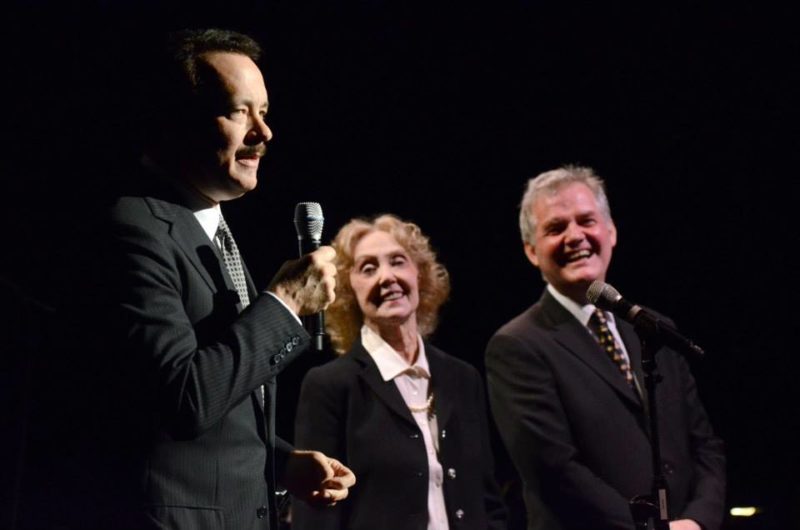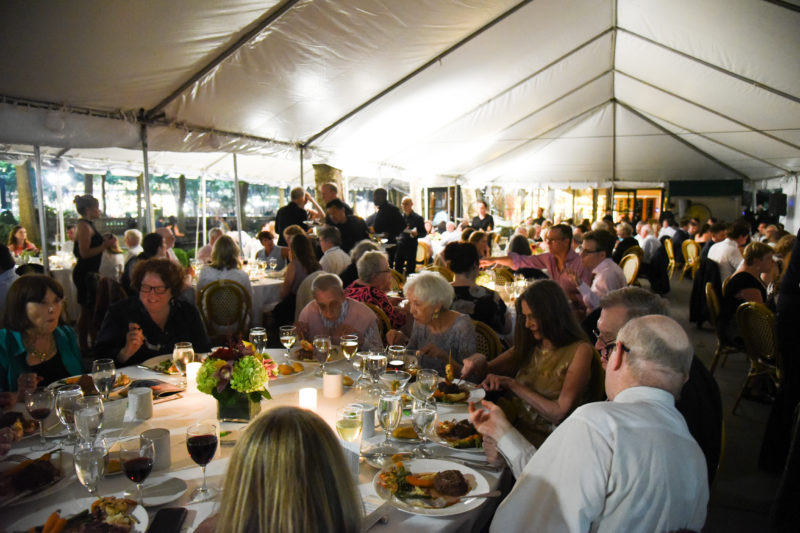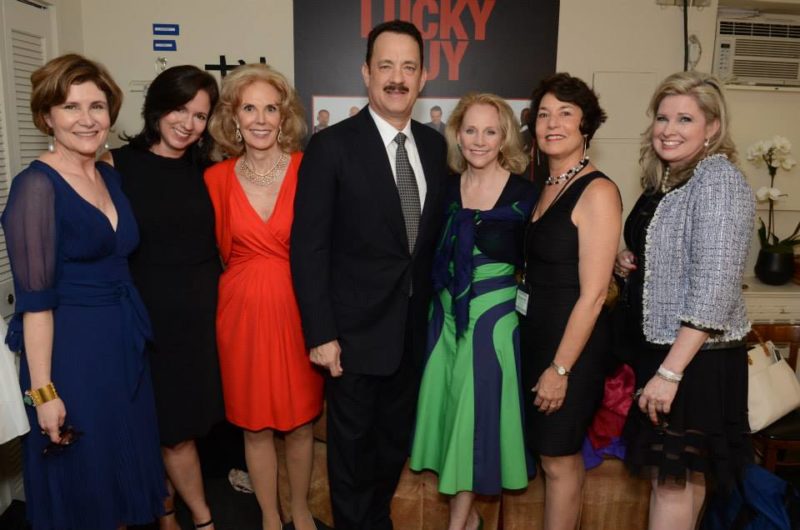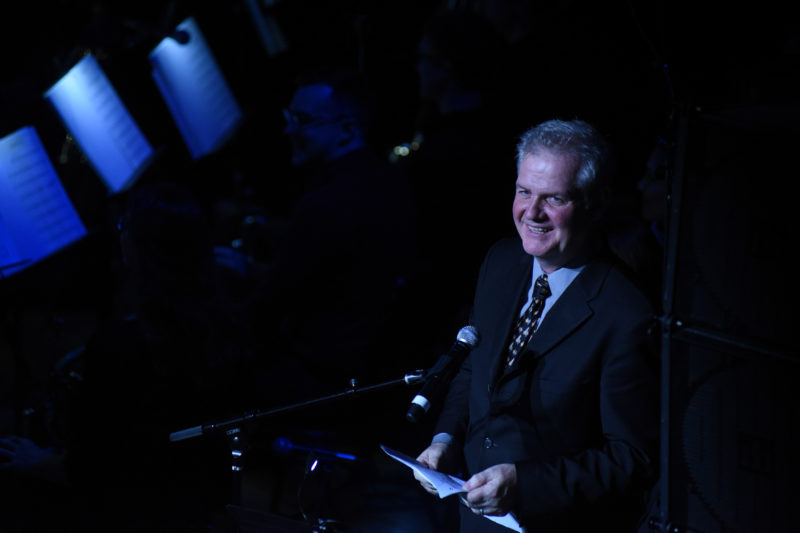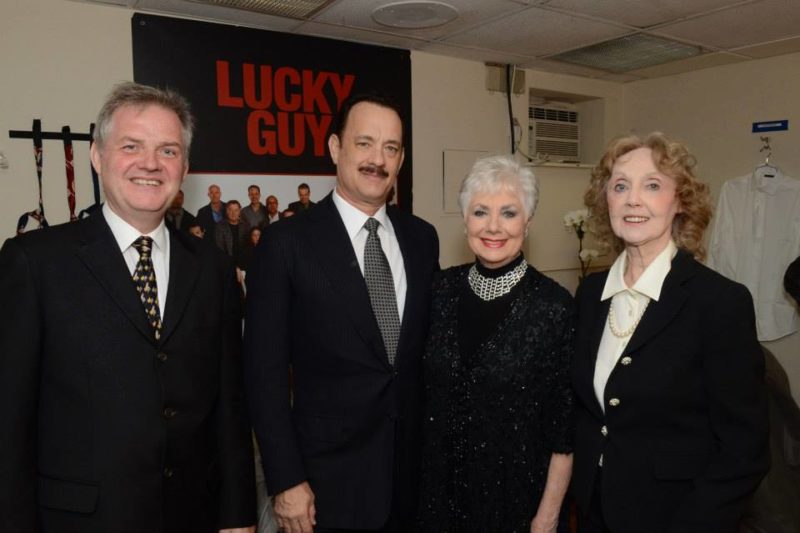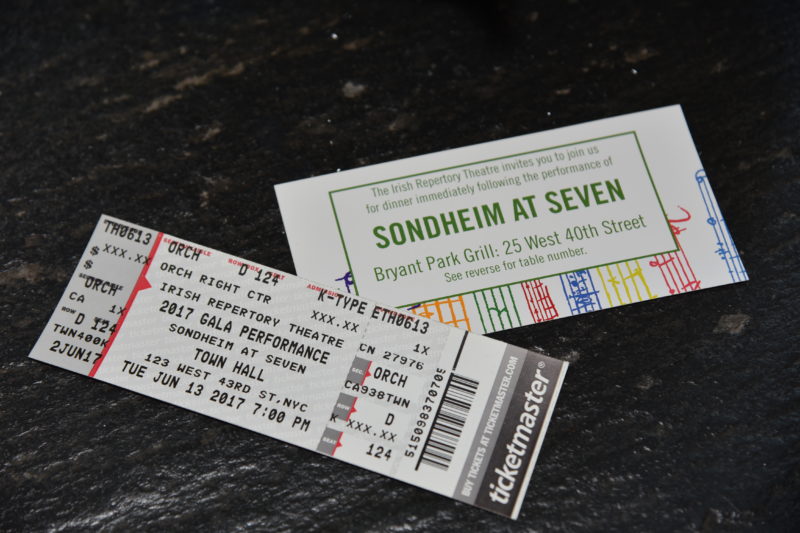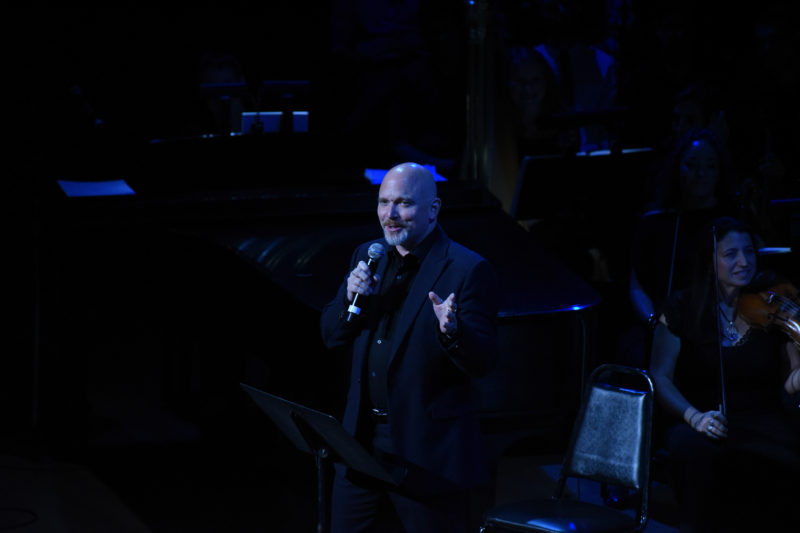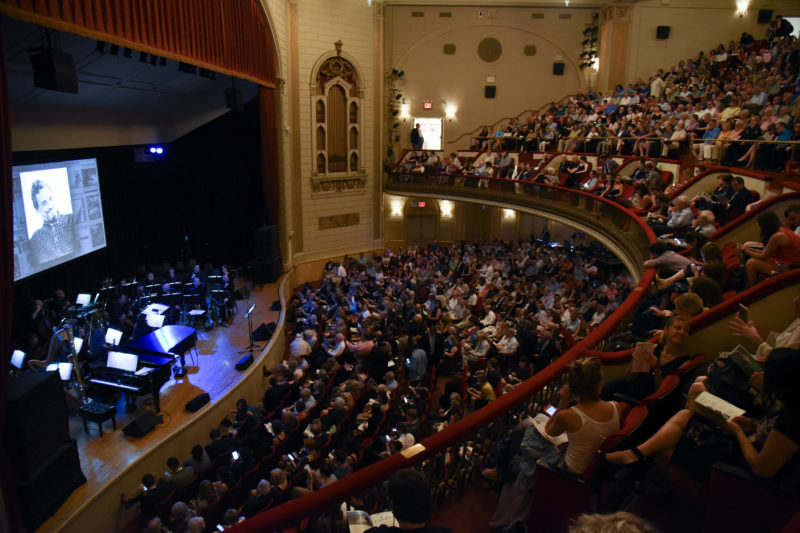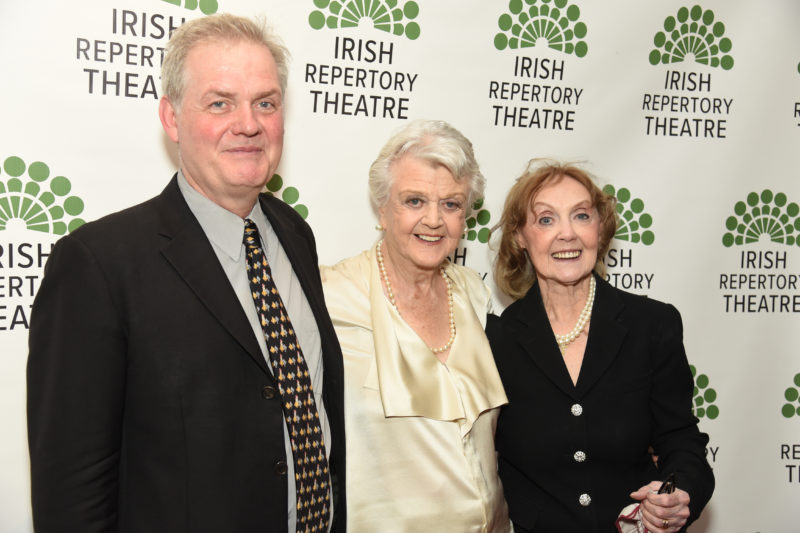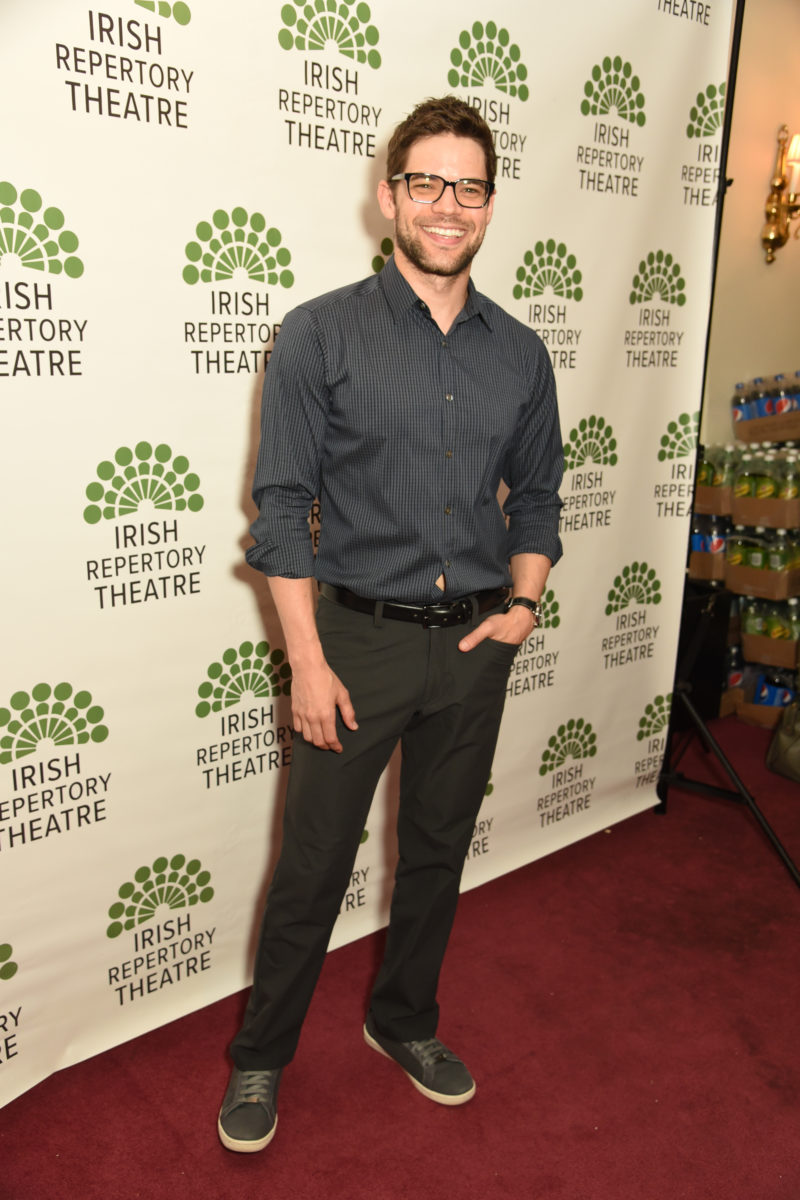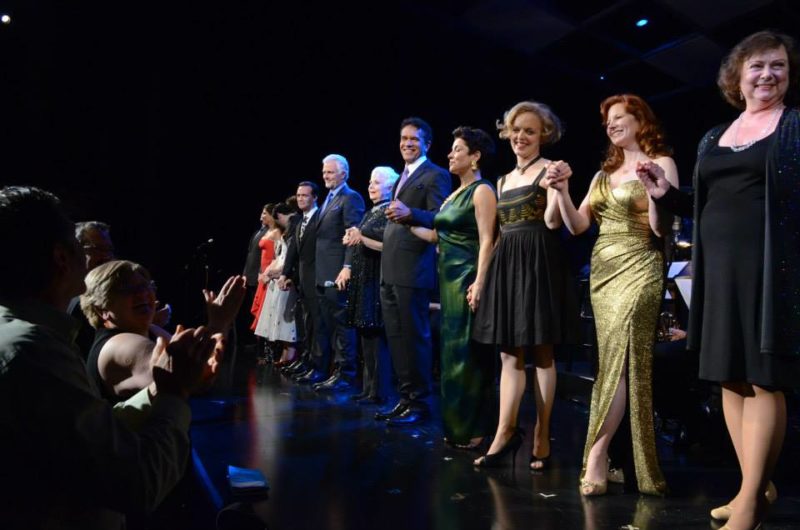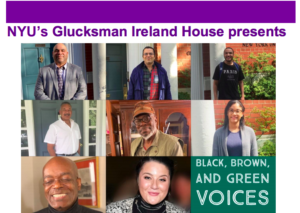Newsletter
Information for Gala Attendees
Thank you so much for your generous support of Irish Repertory Theatre’s 2022 Gala, A CELEBRATION OF THE MUSICALS OF HAROLD PRINCE, honoring Loretta Brennan Glucksman. We look forward to seeing you on June 13!
Proceeds from the event will support Irish Repertory Theatre’s productions, which include Belfast Girls, playing through June 26; YES! Reflections of Molly Bloom, playing June 8 – July 17; The Butcher Boy, playing July 21 – September 11; and more to be announced.
Is this your chance to take a luxury trip to Ireland? Visit our auction.
Bid now on one of three luxury trips to Ireland, celebrity NYC experiences, a Chicago getaway, golf, theatre tickets, and more at BiddingForGood.com/IrishRep
Learn about Covid Protocols
Visit our COVID-clear partner VOW Digital Health to learn more about testing protocols and set up your access pass.
Where do I go?
5:30 – 6:30 PM – Cocktails at Bryant Park Grill, 25 W 40th St
7:00 PM – Concert at The Town Hall, 123 W 43rd St
~8:30 PM – Dinner at Bryant Park Grill, 25 W 40th St
Ticket Pickup Instructions
No physical tickets will be issued for the cocktail hour or the dinner. Guest names and email addresses should be provided to jason.smoller@irishrep.org by Friday, June 10.
All guests will receive e-tickets to the concert. If you prefer to receive tickets another way, please contact jason.smoller@irishrep.org.
Gala 2024: Make a Contribution
Make a Gala Contribution today! Thank you.Choose an amount to donate:
Donation Total $ 0
A Spotlight on Oscar Wilde
#WildeWednesdays – Each Wednesday of Pride Month, 2021
Putting a spotlight in honor of Oscar Wilde, a famous Irish literary figure tragically imprisoned for his sexuality.
Click on the images to zoom.
Imprisoned for his sexuality in 1895, Oscar Wilde is one of Ireland’s most popular literary figures, with iconic works such as The Picture of Dorian Gray and The Importance of Being Earnest.
Known for exploring the aesthetic and decadent movements in his work and in his personal life, Wilde had long hair, wore white silk stockings, and carried peacock feathers and orchids around the Trinity and Oxford campuses. Embracing his confidence and passion for surpassing cultural norms of the time, he became renowned for his look and his personality, long before his work was widely published.
Wilde was known for his poetry, stories, plays, and witticisms. He first started publishing poetry in the 1880s, and his work has continued to be published since his death – most recently in 2008, The Oscar Wilde Society published The Women of Homer.
Many of his works were acclaimed during the time they were published, and continue to be studied, celebrated, and produced. Musical adaptations of his (only) novel, The Picture of Dorian Gray, as well as adaptations and interpretations of his plays, have been developed and staged all over the world. Biographical works of Wilde and his associates have been produced, telling the story of his life with an acceptance and perspective that Wilde could never have imagined.
In 1884, Wilde married Constance Lloyd, an Irish author. They had children, Cyril and Vyvyan, and, in the early years, hosted lavish gatherings with refined guests at their stylish home in Chelsea, London.
However, it was known to most that Wilde had his eye on other lovers, like Robert Ross, a Canadian-British journalist, and John Gray, a poet. He then met Lord Alfred Douglas, the son of the Marquis of Queensberry. Their affair was sensational in every sense: artistically, sexually, socially. Like others in 19th century Europe, the Marquis disapproved of this relationship and wasn’t hesitant to show it.
Using Wilde’s engagements in the Victorian underground network of gay prostitution, as well as using his novel and poetry, such as Wasted Days, against him, Wilde was imprisoned in England for two years for his homosexual acts. His health deteriorated rapidly while he was incarcerated, and he left for Paris the night of his release. Constance had taken their two children to Switzerland and changed their surname, and Wilde never saw them again. He died, on his own, of meningitis at 46.
Across the course of his beautifully colorful life, Wilde was an extremely popular figure. Not only was he creative, unapologetic, and – excuse the pun – quite wild, he had many relationships and friendships with the avant-garde.
His mother, Lady Wilde, was a poet under the name “Speranza” and a supporter of the Irish nationalist movement. His father, Sir William, was a surgeon, eye doctor, and a writer of folklore. His wife, Constance Lloyd, was a champion of women’s rights, and his brother, Willie, was a theatre critic, world traveler, and journalist.
And of course, there was Lord Alfred, known affectionately as Bosie. The two men fell deeply in love, and while their relationship only survived eight years, they went through so much together, from secret meetings to public arguments between their families, and indeed, the infamous trials.
Welcome to the final week of #WildeWednesdays, where we’ve explored Irish playwright Oscar Wilde, who faced public humiliation and persecution because he did not conform to the sexual norms of his time. Imprisoned, exiled, separated from his family, and slandered because he had relationships with men, Wilde died alone, in poverty and pain.
We know if he were alive today, Wilde would be embraced by his community in Dublin, London, and Paris. We know he could have continued to be a wonderful father, maybe he and Lord Alfred would have married, shared a home, shared a life – and we can only imagine what masterpieces he would write for the world to witness.
While we acknowledge the progress made for the LGBTQ+ community since Wilde’s incarceration, we also want to acknowledge that homosexuality was decriminalized in the UK just 54 years ago and in Ireland just 28 years ago.
We recognize that, as of 2021, 67 UN Member states have laws criminalizing same-sex relations. In Sudan, individuals found guilty of “sodomy” can be imprisoned for up to 7 years. In Saudi Arabia, you can be executed. 57% of transgender women of color earn under $10,000 a year and have a life expectancy of only 35.
The theme for New York Pride 2021 is “The Fight Continues,” and we encourage you to join us in this fight for human rights
A Gala Trip Down Memory Lane
A Note from Our Directors: Pausing to Listen and Learn
In deference to the important ongoing national conversation about racism, police brutality, and socioeconomic inequity, we have postponed The Irish (Rep)… and How We Got That Way, originally scheduled for Monday, June 8. This event has now be rescheduled to Monday, July 13.
Instead of joining us on Monday, we ask that you take the open-hearted approach you’ve afforded when listening to the stories on our stages, and extend it to the stories of Black lives, as told by Black people. We vow to do the same. We commit to growing our own understanding along with you.
Below, you’ll find our recommendations along with suggestions from our staff of favorite art and literature from Black creators and resources that will help us all in our commitment to addressing racial inequity.
We hope that these resources will be helpful as you join us on the road to greater understanding and equality.
Stay safe and healthy. We hope to see you soon.
Charlotte and Ciarán
What we’re reading
Charlotte Moore: Upset by the times that are in it, and longing to re-connect with two writers I love, I re-read Ntozake Shange‘s For Colored Girls Who Have Considered Suicide / When the Rainbow is Enuf which to me seems to have been written in a great gush of love for real and moving experiences of smart black women. Tyler Perry’s 2010 movie amazingly captures its spirit. But long one of my favorites – by a Black author or otherwise – is Native Son by a hero of mine, African-American writer, Richard Wright. His unyielding brilliance shines through after having been born in poverty on a plantation in the deep south in the early 20th century. The wonderful 1986 movie of this extraordinary piece is a startling reminder of the skill and courage of Black writers of his generation. I also highly recommend a look at the editorial page of today’s New York Times.
Ciarán O’Reilly: Our family has been watching the brilliant series Eyes on the Prize that documents the civil rights movement from the mid 1950’s through the mid 1980’s. During this raw time, revisiting this monumental 14-episode documentary series serves to remind us of the power of resistance to the status quo and gives hope that real change can and must happen. It also reminds us that the struggle does not end when a bill is passed. It is only the beginning. The series is accessible on YouTube. Here is the first episode: Awakenings: 1954 – 1956.
Staff Picks: What to Read / Listen To / Watch*
*This list includes personal choices from the Irish Rep staff and should not be considered comprehensive.
Suggested Event
